US chose not to prosecute 82% of hate-crime suspects from 2005-2019
The US Justice Department refused to prosecute the majority of federal hate crime suspects during most of the past two decades, it said in a research report on Thursday.
According to the report, which revealed a rate of prosecution far lower than that for other federal crimes, 82% of 1,864 suspects prosecutors investigated for possible hate crimes from Oct. 1, 2004 through Sept. 30, 2019, were not referred for prosecution.
Only 17 percent were prosecuted and one percent them had their cases resolved by a magistrate judge, the Bureau of Justice Statistics said in its report.
Frank Pezzella, a professor at John Jay College of Criminal Justice, referred to policy priorities as a driving force behind whether hate crimes get prosecuted or not.
"Even at the precinct level - when there is a clear-cut policy ... that hate crimes are going to be pursued and prosecuted to the fullest extent of the law, it sends a message," he said.
In the meantime, there has been a rise in reports of hate-inspired attacks on Asian Americans and Pacific Islanders. Stabbings, shootings and other attacks against these groups of people and their businesses have increased since the start of the pandemic a little over a year ago.
The spike in those incidents is mainly attributed to the former US president Donald Trump who blamed the Covid-19 pandemic on China, using terms such as “kung flu.”
Also, the Justice Department has warned that white supremacist groups pose an increasing security threat to the country after the deadly Jan. 6 assault on the US Capitol.
Throngs of mostly white pro-Trump supporters, some armed and carrying Confederate flags and others dressed in tactical gear, breached the Capitol building, largely unobstructed by law enforcement officers.
The riot, which was intended to disrupt the ceremonial counting of Joe Biden’s electoral votes in Congress, was in part blamed on Trump’s rhetoric and his refusal to concede defeat in the November 3 election.
Trump team drawing up list of Pentagon officers to fire: Sources
IRGC Ground Force disbands terrorist team in southeastern Iran
Resistance front to deliver ‘painful’ blows to enemies: IRGC chief
UNRWA chief warns of 'catastrophic consequences' of Israeli ban on agency
Israel hits south Beirut with strikes again
Iran will make Israel ‘regret’ its act of aggression: IRGC Cmdr.
VIDEO | Conference explores peace dynamics in West Asia
US appeals court overturns 1983 Beirut bombing victims' judgment against Iran


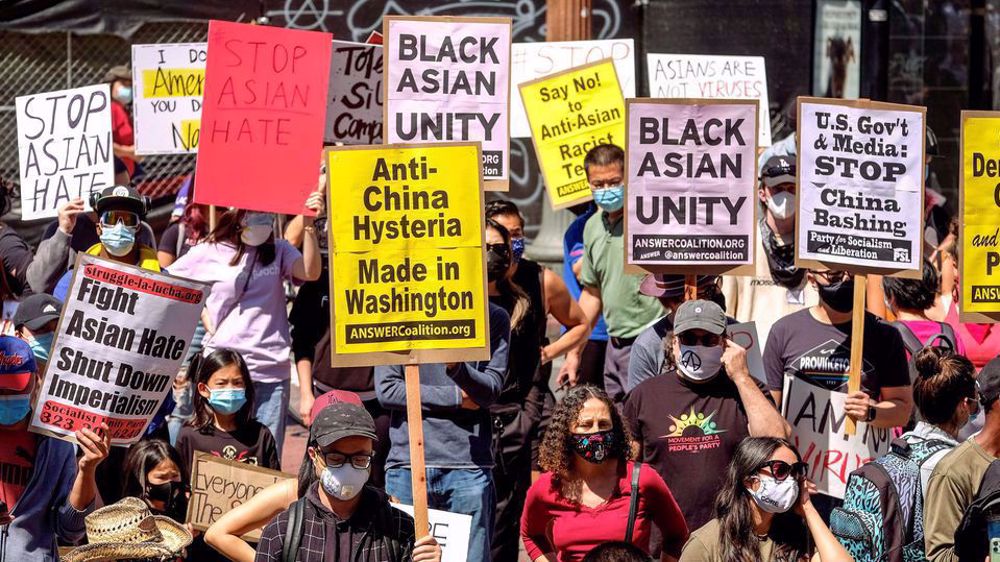
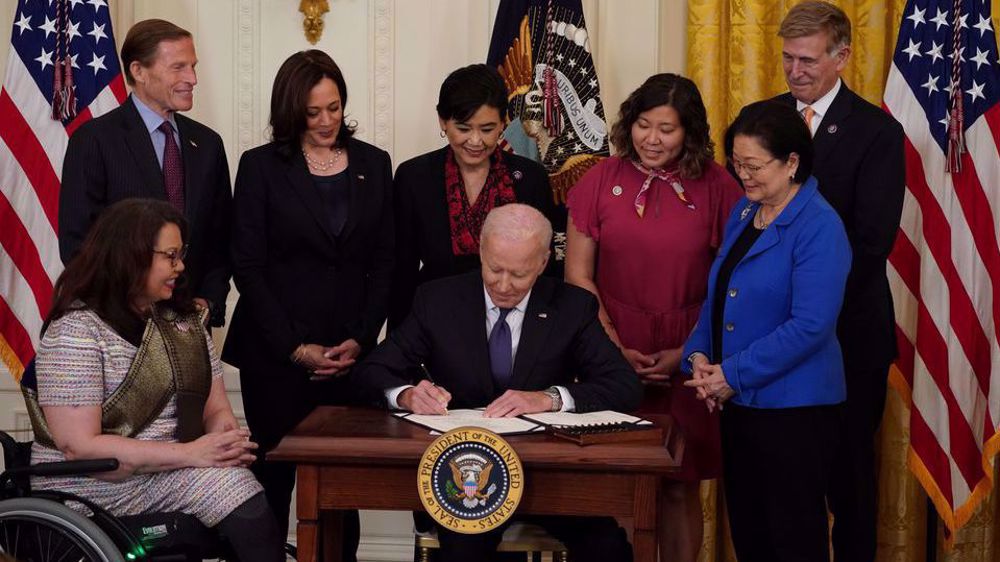


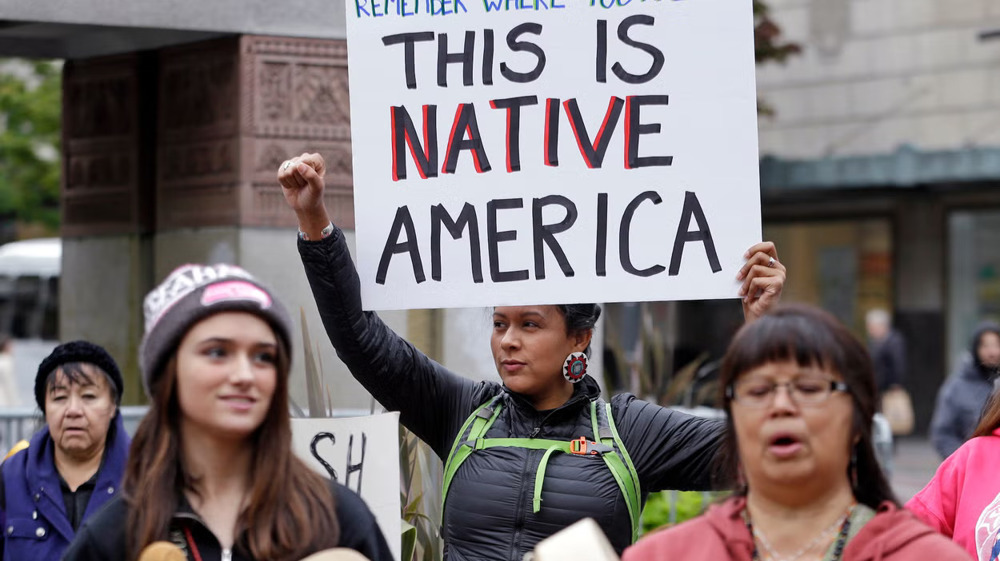



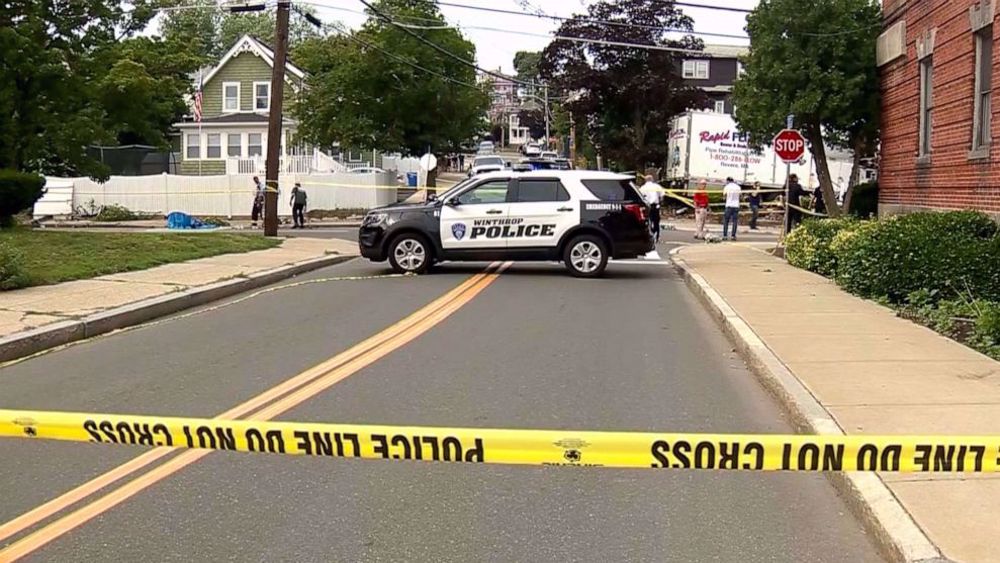
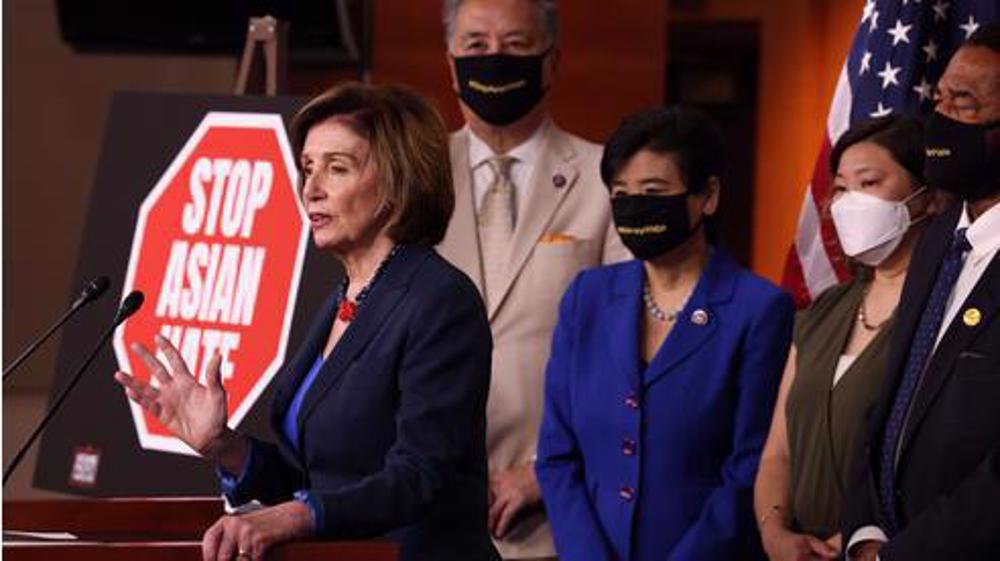



 This makes it easy to access the Press TV website
This makes it easy to access the Press TV website